Rajshahi, Nov 29 (V7N) – As the winter season sets in, the golden Aman rice fields of northern Bangladesh are coming alive under the morning sun, spreading a shimmer across the countryside. In districts such as Rajshahi, Naogaon, and Chapainawabganj, the Aman rice harvest has begun, with farmers reporting promising yields that exceed initial targets.
Officials from the Rajshahi Regional Agricultural Extension Office have confirmed that timely provision of fertilizers, seeds, pesticides, and irrigation facilities has contributed to expected production exceeding the target. Rajshahi’s Godagari, Tanore, Paba, Mohanpur, Bagmara, Durgapur, and Charghat upazilas are now witnessing vibrant harvest activities, with farmers rejoicing over the abundant produce. Favorable weather and reduced irrigation costs have led to better productivity compared to last year, although some farmers suffered minor losses due to late rainfall.
According to agricultural data, 83,550 hectares of Aman rice have been cultivated this season in Rajshahi, aiming for a production of 317,490 metric tons. Last year, 84,105 hectares were cultivated, yielding 318,323 metric tons. Despite occasional waterlogging from recent rains, authorities and farmers expect a bumper harvest if favorable conditions persist, which will play a vital role in regional food security.
The harvesting season has also sparked the traditional Nabanna festival, celebrated as newly harvested rice is processed at homes and used to prepare festive dishes like kheer, payesh, and various pithas. Villages across Rajshahi and Naogaon are abuzz with the sights, sounds, and aromas of harvesting, as agricultural workers and farmers work in the fields. Community fairs celebrating the new harvest are also being held throughout the season.
Farmers have expressed optimism about both production and profitability. Mizanur Rahman from Debipur village in Durgapur planted Bina-17 rice across two bighas of land and expects 20-22 maunds per bigha. Farmers like Lutfor Rahman of Ghiapukur and Sanaullah of Chimna have reported reduced irrigation costs due to timely rainfall, contributing to higher yields. Similarly, Abdur Rahiman Rahim of Habibpur noted that favorable weather and low pest activity resulted in a productive harvest after years of lower output.
Nasir Uddin, Deputy Director of the Rajshahi Agricultural Extension Office, said that while some minor losses occurred due to late rains, overall production targets are expected to be met, with ongoing harvesting in multiple upazilas. Farmers remain hopeful that current market prices will ensure economic benefits and reinforce the region’s food security.
END/MRA/SMA/



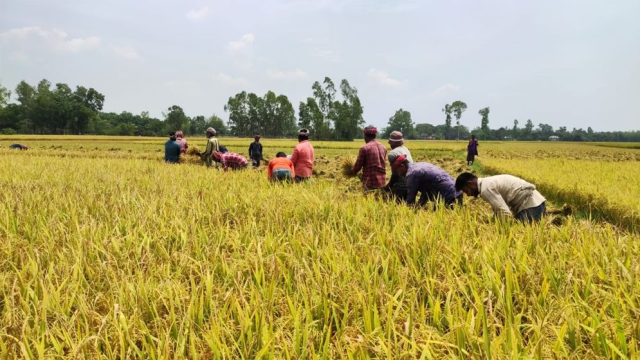
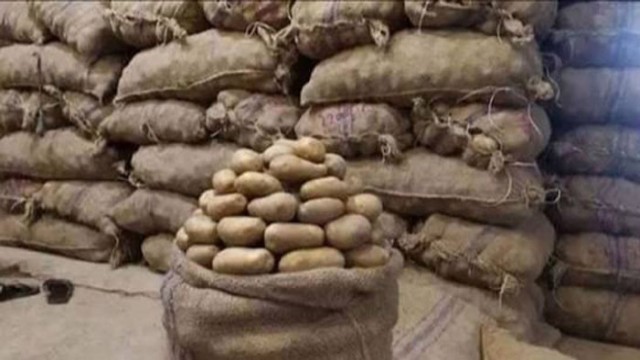
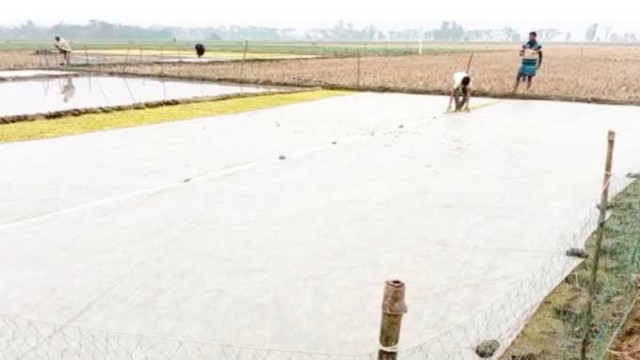
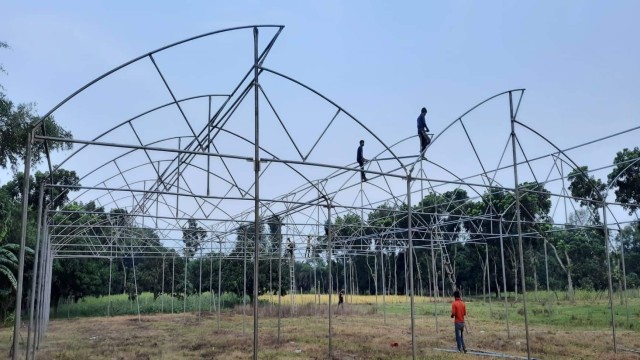
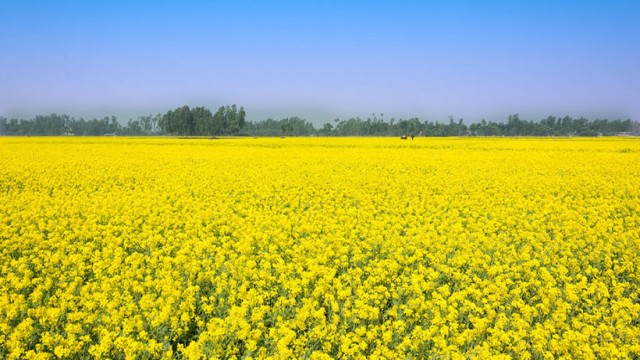
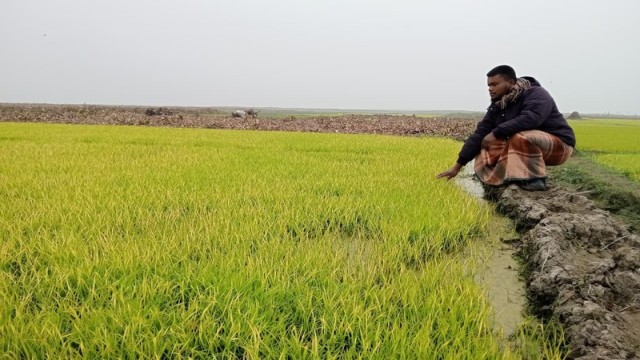
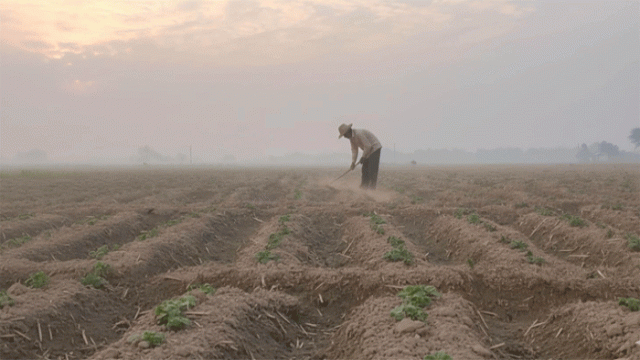



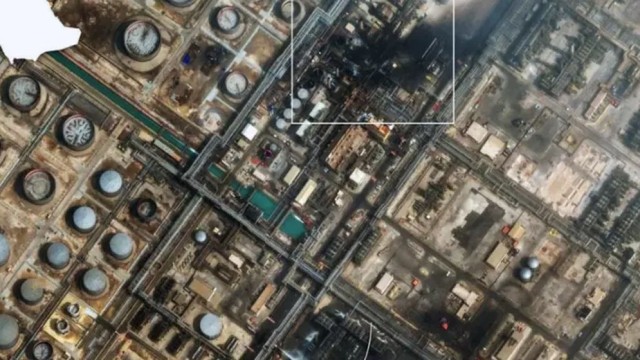

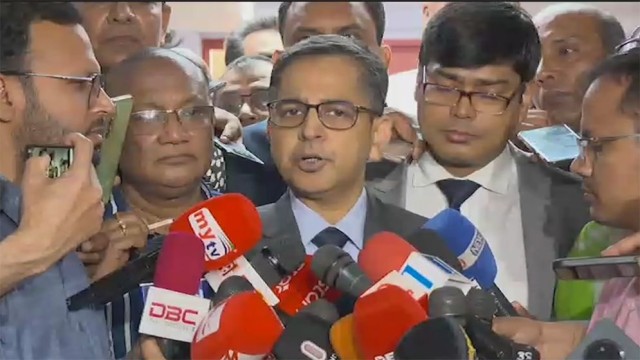
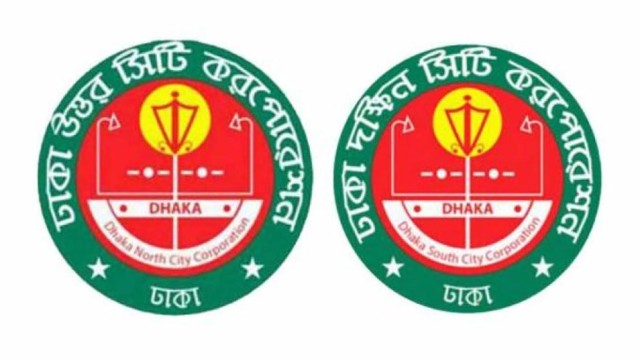














Comment: